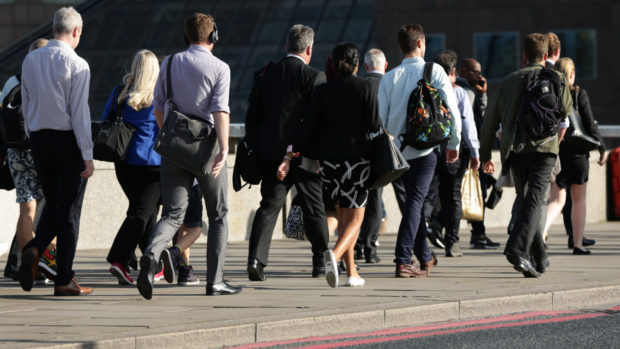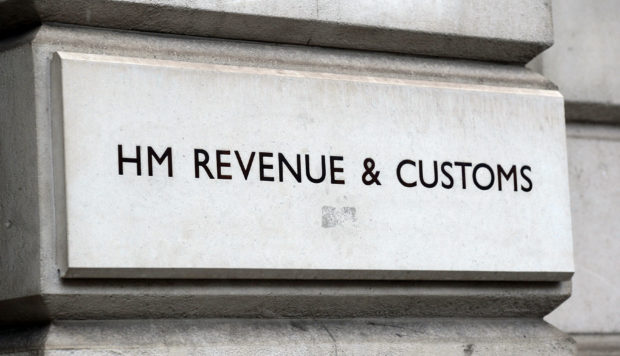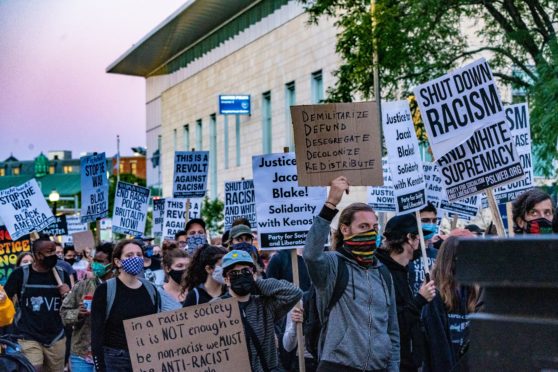North-east workers have been exploited by firms who make false claims about the government’s furlough scheme to withhold wages, MSPs have been told.
Dave Black, general manager of the Grampian Regional Equality Council, issued the warning as he gave evidence to Holyrood’s equalities and human rights committee.
He feared ethnic minority workers could be exploited in the wake of the coronavirus pandemic, and that there were cases linked to the UK Government furlough initiative, which helped pay the wages of millions of staff during the lockdown period.
During a virtual session of the committee on Thursday, Mr Black said: “I think there is a risk of exploitation at the moment.
“We are hearing some cases of people returning from furlough and not being paid their full wages because their employers are telling them that some of their money had to be paid back to the government.
“This year we’ve also seen cases of employees not being paid minimum wage – just the same issues that have been there for many years.
“So I think it’s also about being aware that there are some really basic issues that need to be addressed as well as these more systemic structural issues as well.”
Mr Black later said it was “too early” to say whether there had been a rise in exploitation, but that the equality council had received two recent reports relating to the treatment of non-UK nationals in the Grampian area, and that the details had been passed on to the appropriate authorities.
He added that his organisation was planning a series of initiatives aimed at ethnic minority communities to promote awareness of rights post-lockdown, including in relation to employment.
I think there has been a kind of culture that racism, in terms of overt racism, isn’t a problem within a problem within an organisation, and therefore there is a kind of laziness about the issue of equality, and I think that’s across all sectors.”
Dave Black
Mr Black also told MSPs on the committee that many organisations were complacent about properly addressing racial equality issues.
“I think there is too much focus on looking at the outcomes for people and not enough focus on internally looking at what an organisation does, and how its culture prevents people from either entering in the first place or staying in the organisation, or rising to the top of the organisation,” he said.
“I think there has been a kind of culture that racism, in terms of overt racism, isn’t a problem within a problem within an organisation, and therefore there is a kind of laziness about the issue of equality, and I think that’s across all sectors.
“There needs to be something more systematic in place that does challenge organisations, or require organisations, to be more pro-active around challenging themselves to look at how their processes are built into the culture we live in; they are a product of our history and, as we’ve been speaking about over the last few months, that’s a complex history and often a not very pretty history.
“So I think there’s a lot of work to be done there.”
Lori Hughes, partnership and communities manager at PKAVS Minority Communities Hub in Perth and Kinross, also raised concerns about attitudes, even in the wake of the wave of support for the Black Lives Matter movement in recent weeks.
She told the committee: “We’ve spoken about Black Lives Matter and about how that might have given an opportunity to do something now to capitalise on that momentum and that feeling that is there.
“But I participated in a conversation where there was a comment made that, ‘oh, but it might pass’.
“So there are concerns. I have quite deep-rooted concerns about some of those issues that need to be addressed.”


